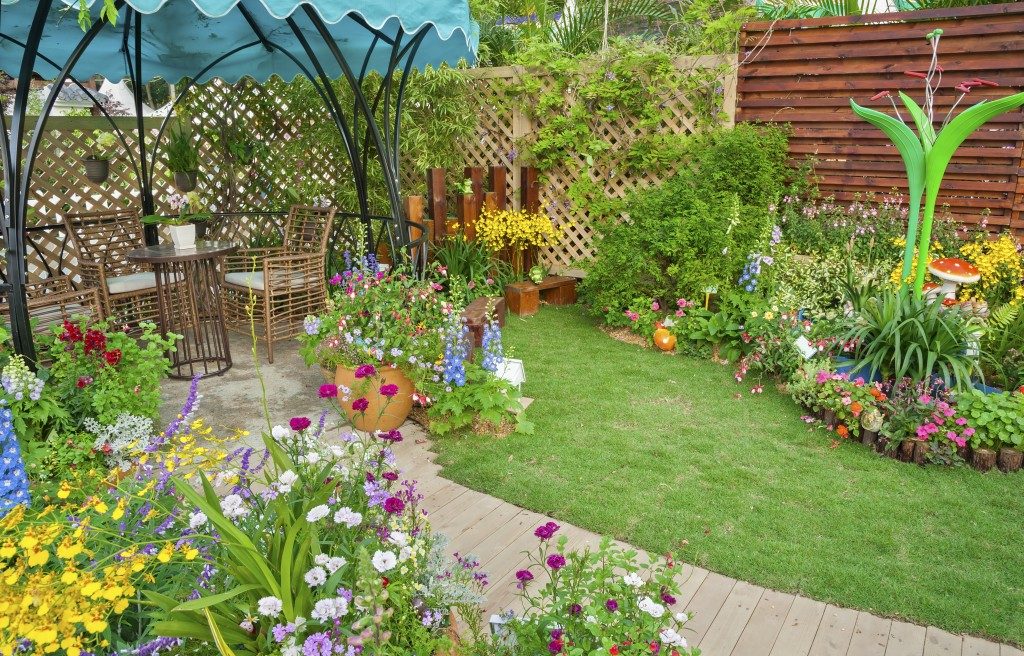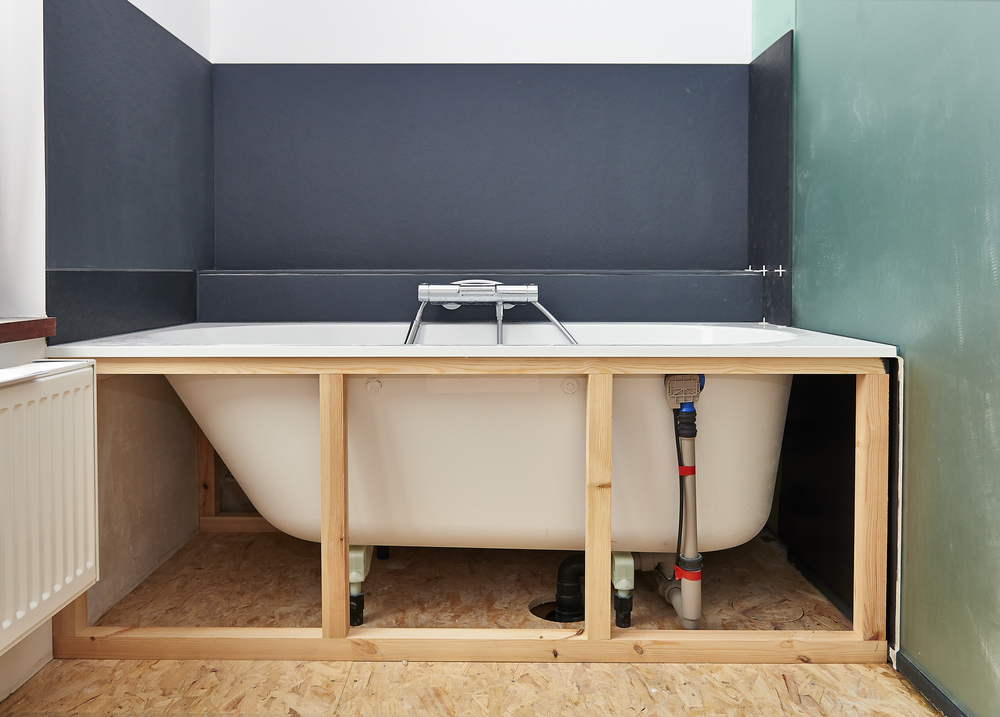While most individuals spend most of their time indoors, many still get drawn to the outdoors, soaking in the surroundings and delightful sounds of nature. There’s just something about the sun shining on your face, swaying grass, and gorgeous flowers that make outside rejuvenating.
If you don’t have a nice yard or garden to retreat at your home, it’s something worth considering, as having a gorgeous landscape can make a world of difference for your home — and family. It can improve your curb appeal, first impressions and produce naturally positive feelings.
If you’re still not convinced, whether you’re looking to add some greenery, have residential fences installed, flowers, water features, or build one from scratch, here are some benefits you can enjoy when keeping a garden or lawn.
It Helps Your Body Fight Diseases
People resemble plants more than they realize. Your body, too, can undergo photosynthesis, the process where plants naturally make their food through sunlight. A human’s skin uses sunlight to produce one essential nutrient vital for survival naturally — vitamin D. Studies show that even only half an hour under the sun can make between 8,000 to 50,000 IU of the vitamin. This nutrient is crucial for hundreds of body functions, ranging from improving bone density to your immune system.
If you have low vitamin D levels, you’re at more significant risk of developing several medical conditions, including metabolic syndrome, dementia, psoriasis flares, and type 2 diabetes. So, in essence, a little sunshine in your garden can go a long way, making tending to gardens and lawn an extremely beneficial endeavor.
Improves Quality of Life
In general, landscaping can improve your quality of life, especially when you live in the middle of a bustling city, giving you several physical and mental benefits. For instance, experts have proven that merely looking at plants can reduce your blood pressure, while walking through natural environments can drastically enhance attention and memory. This fact is backed by proof that people living in rural areas or communities with green spaces experience lower stress levels and health costs.
Overall, gardening and tending to your lawn can make your life better in every aspect, allowing you to rejuvenate while growing healthy food at home.

It Reduces Your Risk of Getting Neurodegenerative Disease
Doctors have proven that exercising can improve the brain’s cognitive functions, and gardening or tending to your lawn may spur growth in your brain’s memory-related nerves. A study backs this, discovering that individuals who have dementia and who participated in gardening activities had some brain nerve improvements, slightly boosting their memories. Additionally, gardening has been proven countless times to improve one’s mental health, further helping with memory-related issues.
If you’re suffering from some form of neurodegenerative condition or know a loved one who has Alzheimer’s or dementia, participating in gardening activities can be an excellent way to distract oneself and improve memory.
Enjoyable Aerobic Exercise
Although it doesn’t seem like it, gardening is an excellent form of aerobic exercise, allowing you to get a good workout while tending to your garden and lawn. Manually pulling overgrown weeds, reaching for plants and gardening equipment, and twisting and bending as you work around your landscape can work new muscles in your body, significantly improving your strength, flexibility, and stamina.
Gardening encourages you to get outside more and take charge of your need for exercise and stunning surroundings. So, whether you’re digging, hauling dirt, or harvesting your home-grown produce, your entire body will likely benefit from the action.
It Helps You Handle and Manage Eco-Anxiety
For many individuals, watching the gradual and unaddressed effects of global warming and climate change can be worrisome, leading to a burdensome sense of guilt, and this is more common than you’d think. The worst part of eco-anxiety is that most people give up and believe they are powerless to do anything about the issue. However, the reality is, every little thing you do can make a huge difference, and gardening is a great way to address that, helping you treat yourself while mitigating some effects of climate change.
There are many ways you can do this, including using manual tools when tending to your garden and lawn, composting to minimize waste and decrease toxic methane production, and planting trees to absorb carbon dioxide and produce more oxygen.
With all the benefits you can get from a garden you need to protect it, especially if it is a large one. Consider getting some masonry work done on your garden to create a pathway. If you have children this can be a lifesaver for your plants. The last thing you want is for little feet to trample your delicate shrubs. Adding a pathway to your garden also gives it a touch of class and makes it look more appealing.
Whether the patch you have is a raised garden bed, community garden, or a simple window box, tending to plants in a garden or lawn is generally good for you — and the advantages mentioned are just a few examples of what it can give you.




